The Karnataka Revenue Department has launched a comprehensive crackdown on illegal land layouts across the state, following investigations that revealed widespread misuse of land partitioning rules. The action targets unauthorized conversions of agricultural land into residential plots, often facilitated by collusion between some landowners and government officials.
Revenue Minister Krishna Byre Gowda has directed the department to identify such irregularities and ensure strict measures against officials found to have enabled these violations. The crackdown focuses on the misuse of “11E maps,” which are meant for legitimate land partitioning but have frequently been exploited to subdivide land into small plots, sometimes less than one gunta—and market them as residential plots without proper approvals.
This unlawful activity is especially prevalent in fertile agricultural zones located in prime areas, where these fragmented plots lack basic infrastructure, leading to long-term urban planning and civic challenges.
Investigations uncovered that some officials collaborated with landowners to bypass legal conversion requirements, allowing large-scale illegal layouts despite a government order issued in 2021 banning such practices under Section 105 of the Karnataka Land Revenue Act. Since September 2024, the Revenue Department has been collecting detailed data on these cases, including those filed under the “Swavalambi” scheme, where 11E maps were issued without conversion and later regularized through land record adjustments known as “phodi durasthi.”
Minister Byre Gowda emphasized that genuine cases would be distinguished and exempted from punitive action, but illegal layouts would result in land seizures and strict disciplinary proceedings. Several officials have already been suspended for their involvement in the malpractice.
Reviewing applications examined so far, at least 117 cases were identified where land was partitioned and sold without proper agricultural use or legal conversion, causing significant revenue loss to the state.
A notable case from Maddur in Mandya district demonstrated the method of operation. Under the “Swavalambi” scheme, an application was made to divide land into seven blocks, leading to issuance of 118 11E maps in December 2023. Parcels sized between 1 to 3 guntas were converted into 45 residential sites through land record corrections, enabling their sale without required approvals.
Following a recent progress review, the Revenue Minister instructed all Deputy Commissioners to compile data on approximately 30,340 suspected illegal layout cases. Officials were tasked to verify each case on the ground to assess legality and submit detailed reports within a week. The government will initiate further legal action, including land seizure orders, based on these findings.
Krishna Byre Gowda underlined the administration’s zero-tolerance stance on manipulation of land laws that benefit a few at the expense of public interest. The government reiterated its commitment to protecting agricultural land, enforcing existing land revenue regulations, and safeguarding sustainable urban growth.
This crackdown forms part of Karnataka’s broader strategy to preserve farmland, maintain the integrity of land records, and address corruption and administrative failures that undermine state policies and public trust.




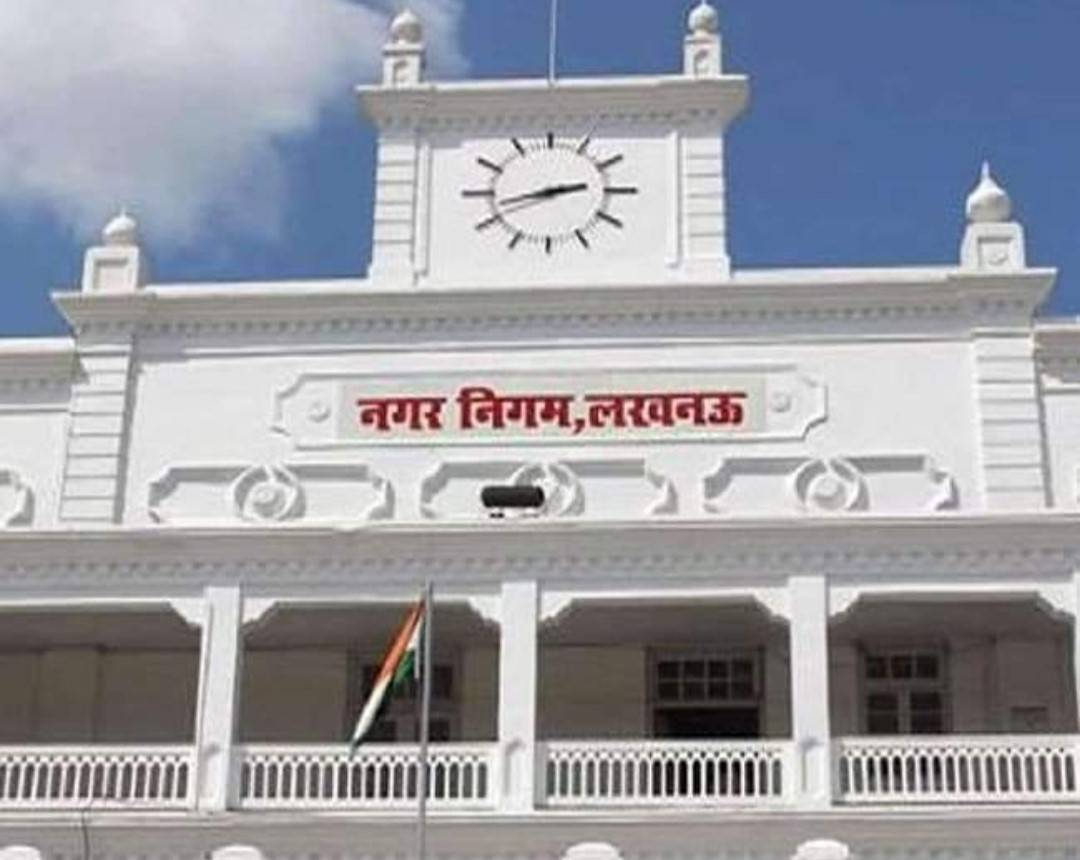
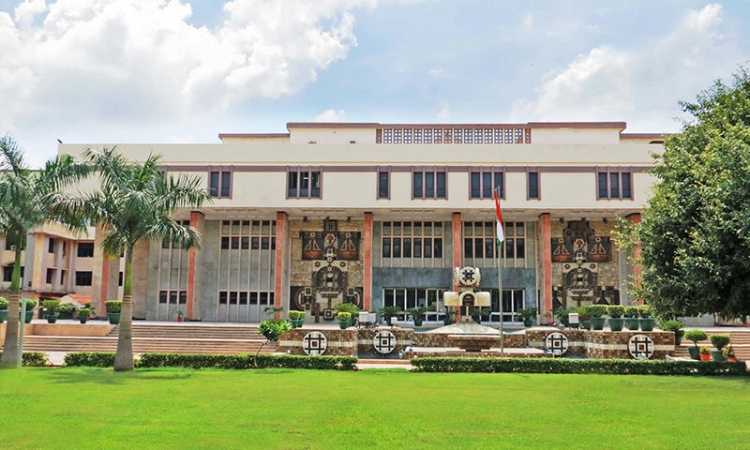
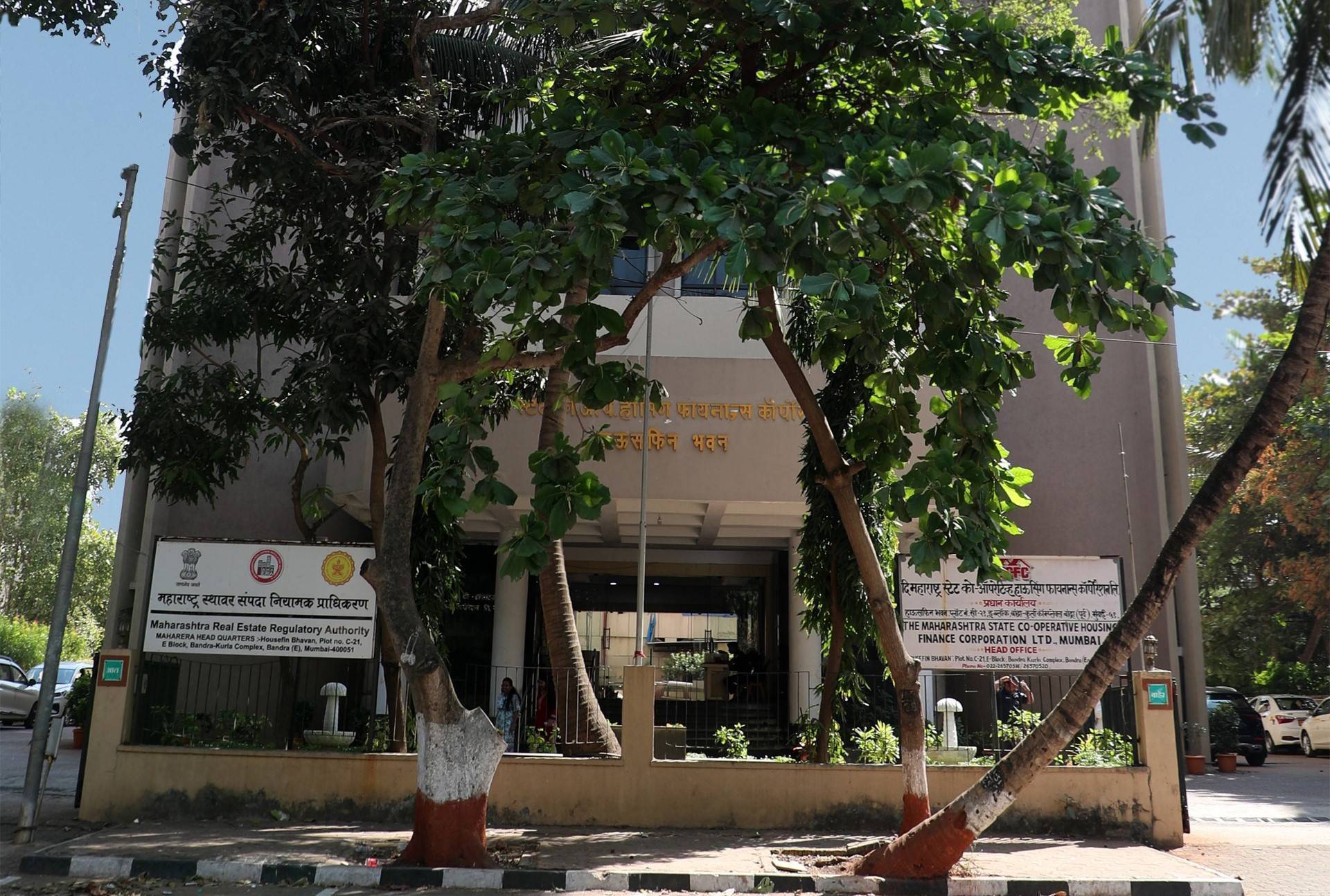
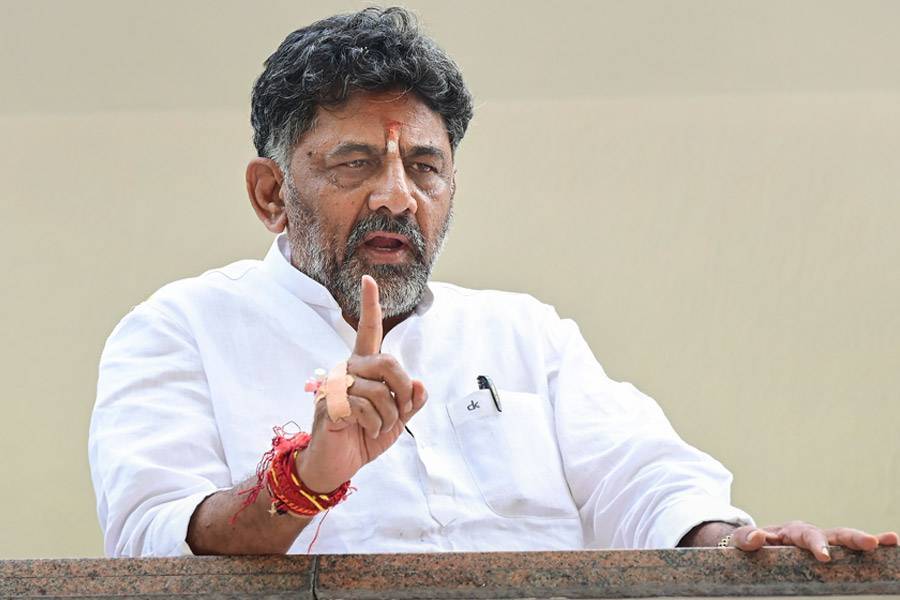
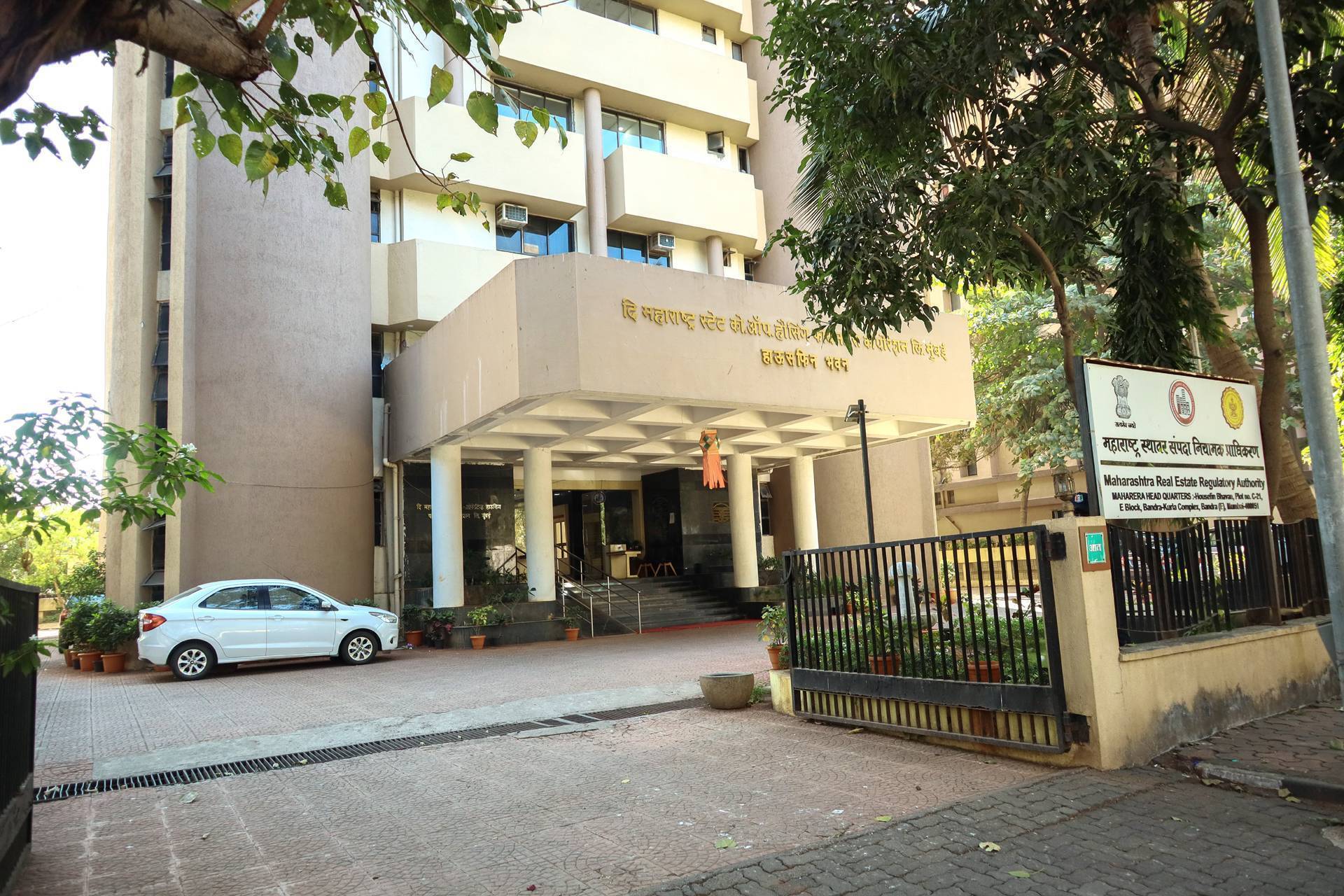
.png)